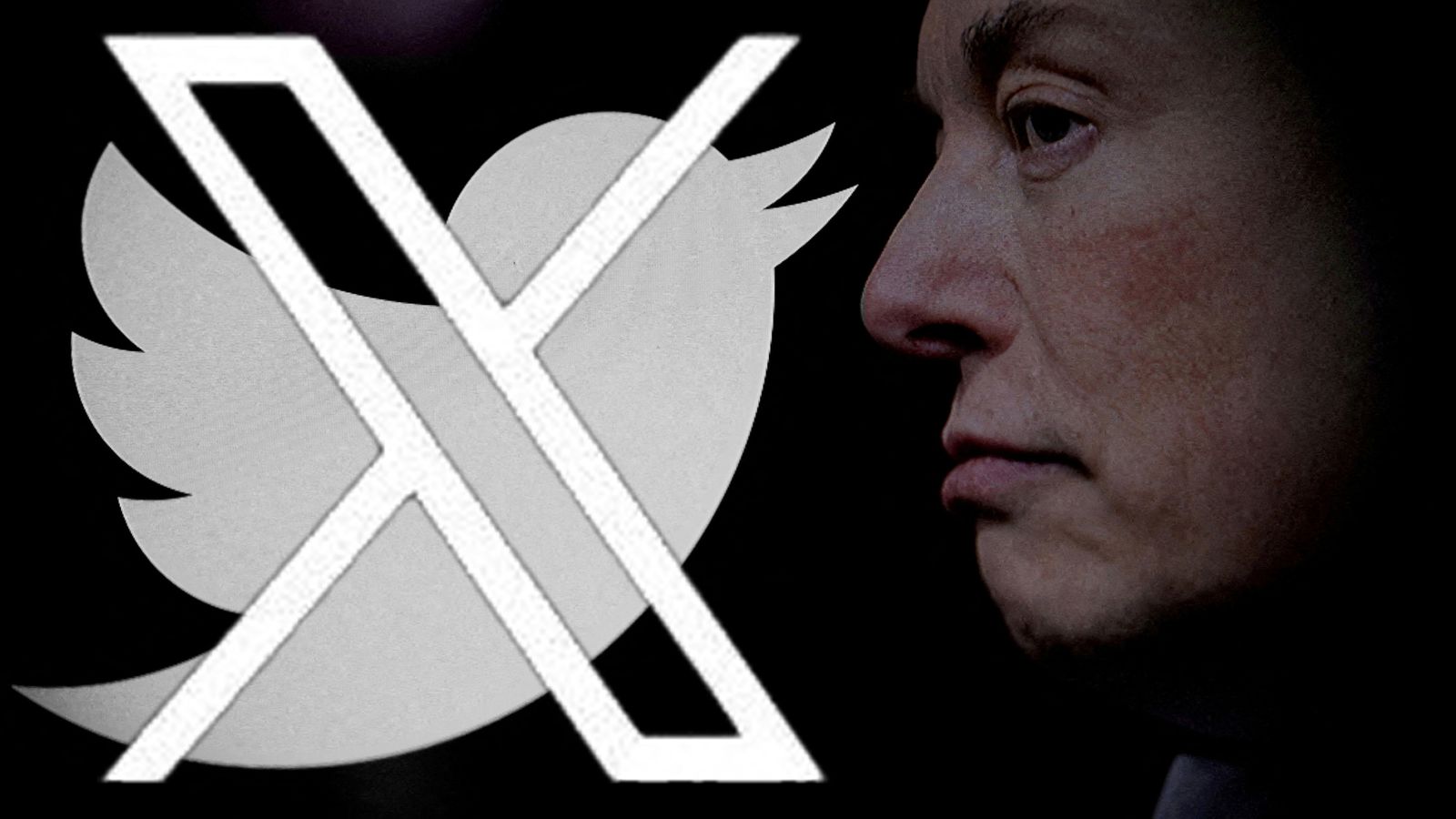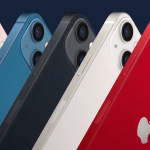If someone told you to type x.com into your browser, you’d understandably be rather suspicious.
But that’s what Elon Musk wants you to do to visit the site formerly – in his mind at least – known as Twitter.
Nine months after the world’s richest man bought one of the world’s most popular social media platforms, the major rebrand he has long threatened has begun.
Twitter’s iconic bird logo has vanished, replaced by a generic X, as part of an audacious transition into “the everything app” that handles far more than just your desire to get into arguments with strangers online.
What is ‘the everything app’?
Audio, video, and even banking will be among the core features, says chief executive Linda Yaccarino, inspired by Musk’s admiration for China‘s all-encompassing WeChat app.
More than one billion people use WeChat for everything from playing games and making payments, as well as traditional social media features like public posting, private messaging, and sharing photos.
Musk would love such a user base for X – it would certainly help a company that’s long been unprofitable and is saddled with debt become a more sustainable business.
But it would require a stark change in the direction of the way the platform’s winds have been blowing.
From verification checkmarks going behind a paywall, to applying reading limits and reinstating controversial banned accounts like those of Andrew Tate and Donald Trump, Musk’s decisions up to now have seen many users and advertisers alike seek pastures new.
Be the first to get Breaking News
Install the Sky News app for free
‘Huge challenge’ to rebrand Twitter
But whatever your impression of the platform, there’s no doubting its influence.
“Tweet” has become as synonymous with communication as email or text messages. It’s in both the Cambridge and Oxford dictionaries. And just think of how many news bulletins and articles begin with those fateful words: “[Insert politician’s name here] has tweeted…”
Ed East, chief executive of social media consultancy Billion Dollar Boy, told Sky News that Twitter has become “engrained in society”. Forcing its users – and the world – to adapt will be a “huge challenge”.
Read more:
Why are so many apps adopting the same look?
How Boris Johnson’s premiership collapsed on Twitter
Musk may be taking a page out of rival Mark Zuckerberg‘s book by trying to change what for many has become a poisoned brand.
But even in his desperation to distract people from how toxic the Facebook name had become following a series of moderation and data privacy scandals, Zuckerberg didn’t go as far, with Facebook placed under new parent company name Meta rather than the platform itself changing too.
Of course, it’s Meta that poses the biggest threat to Musk’s platform, with its unashamedly similar Threads having become the fastest growing app in history earlier this month.
Imitation is the sincerest form of flattery when it comes to social media, and Zuckerberg has proved the master of copying from rivals. What Musk will have to prove is whether Twitter users are longingly looking at WeChat.
He may have played a pivotal role in the founding of PayPal, but it’s difficult to envisage anyone looking at how Twitter’s been run this past year and thinking: “Now there’s a company I’d trust to manage my banking.”
From free bird to dead bird
But ultimately, Musk has long shown a disregard for what others think about how he should run things.
Having been all but forced to buy Twitter after trying to back out of his initial offer in April 2022, he has seemed to find the most enjoyment in simply becoming its main character.
And given he’s the founder of SpaceX and infamously named one of his children X, the name change ties the platform more closely than ever to Musk’s personal brand.
Never mind “the bird is free”, as Musk tweeted shortly after his takeover, it’s now dead – and Musk doesn’t want anyone in any doubt as to who killed it.
X is being given to us, whether we like it or not.






















